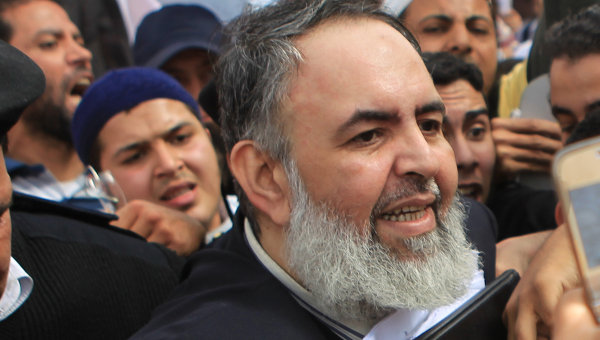Tens of thousands of Palestinians face an alarming humanitarian crisis in Rafah, at the southern edge of the Gaza Strip, as they grapple with severe overcrowding and a desperate need for shelters.
In a distressing revelation, the United Nations Office for the Coordination of Humanitarian Affairs (OCHA) highlighted the dire conditions faced by Palestinians seeking refuge in Rafah, following evacuation orders issued by Israeli forces and intensifying conflict in neighbouring Khan Younis city.
The newly displaced Palestinians find themselves grappling with severe overcrowding in Rafah, with nowhere to seek shelter, not even in the streets or open areas. Reports from the ground indicate that makeshift structures and tents have sprung up in a Qatari Field hospital under construction and the Al-Quds Open University campus in Rafah.
For many Palestinians, this marks the second or third displacement since Israel’s offensive on the Gaza Strip began on October 7. Shockingly, the UN estimates that around 1.9 million people in Gaza, constituting approximately 85% of the population, are now internally displaced. Nearly 1.2 million individuals are registered in facilities operated by the United Nations Relief and Works Agency for Palestine Refugees (UNRWA) throughout the Gaza Strip.
US vetoes UN Security Council ceasefire resolution, Palestinians denounce move
In a diplomatic setback, the United States exercised its veto power at a UN Security Council emergency meeting, blocking a resolution demanding an immediate humanitarian ceasefire in the Gaza Strip. The resolution, supported by 13 UNSC members and over 90 UN member states, faced opposition from the US, with Britain choosing to abstain.
Palestinian President Mahmoud Abbas condemned the US position as “aggressive and immoral,” accusing the nation of violating humanitarian values and principles. He expressed gratitude towards member states supporting the resolution, asserting that the US had become complicit in “war crimes committed by the Israeli occupation forces.”
Palestinian Prime Minister Mohammad Shtayyeh labelled the US veto as “a disgrace” and implored UN members to intensify efforts not only to halt the Israeli “aggression” but also to provide essential aid, including food, medicine, and fuel, to the blockaded Gaza Strip.
Hamas, the ruling faction in Gaza, labelled the US administration an “accomplice in the killing of the Palestinian people.” Expressing gratitude to countries supporting the resolution, Hamas urged the international community to take concrete steps to “stop the occupation’s massacres” in Gaza.
As diplomatic efforts falter, the Ministry of Health in Gaza reported that more than 70 Palestinians lost their lives in Israeli attacks over the past 24 hours, with over 160 injured and transferred to Al-Aqsa Hospital in the central Gaza Strip.
On Friday, Israeli war jets destroyed the oldest and largest mosque in Gaza City, Palestinian security sources said. “Al-Omari Grand Mosque, the largest and oldest mosque in the Gaza Strip, was extensively destroyed in Israeli attacks,” the sources indicated.
Yedioth Ahronoth breaks two-month silence: Israeli military discloses staggering toll
Yedioth Ahronoth newspaper shatters a two-month Israeli blackout, revealing that 5,000 Israeli soldiers have been wounded since the initiation of the war. This disclosure unveils the extent of the military’s human cost and underscores a significant setback for Israeli forces.
At least 100 Israeli soldiers bear eye injuries, vividly highlighting the intensity and severity of the conflict. Among the wounded, a substantial 2,000 soldiers have been officially classified as “disabled,” underscoring a profound and enduring blow to the Israeli military.
The wounds inflicted upon Israeli soldiers present a bleak narrative, with a staggering 58% of casualties enduring critical injuries in their hands and legs.
This exposes the vulnerability of Israeli forces in the face of intense warfare, painting a vivid picture of the challenging conditions faced by those at the forefront.


